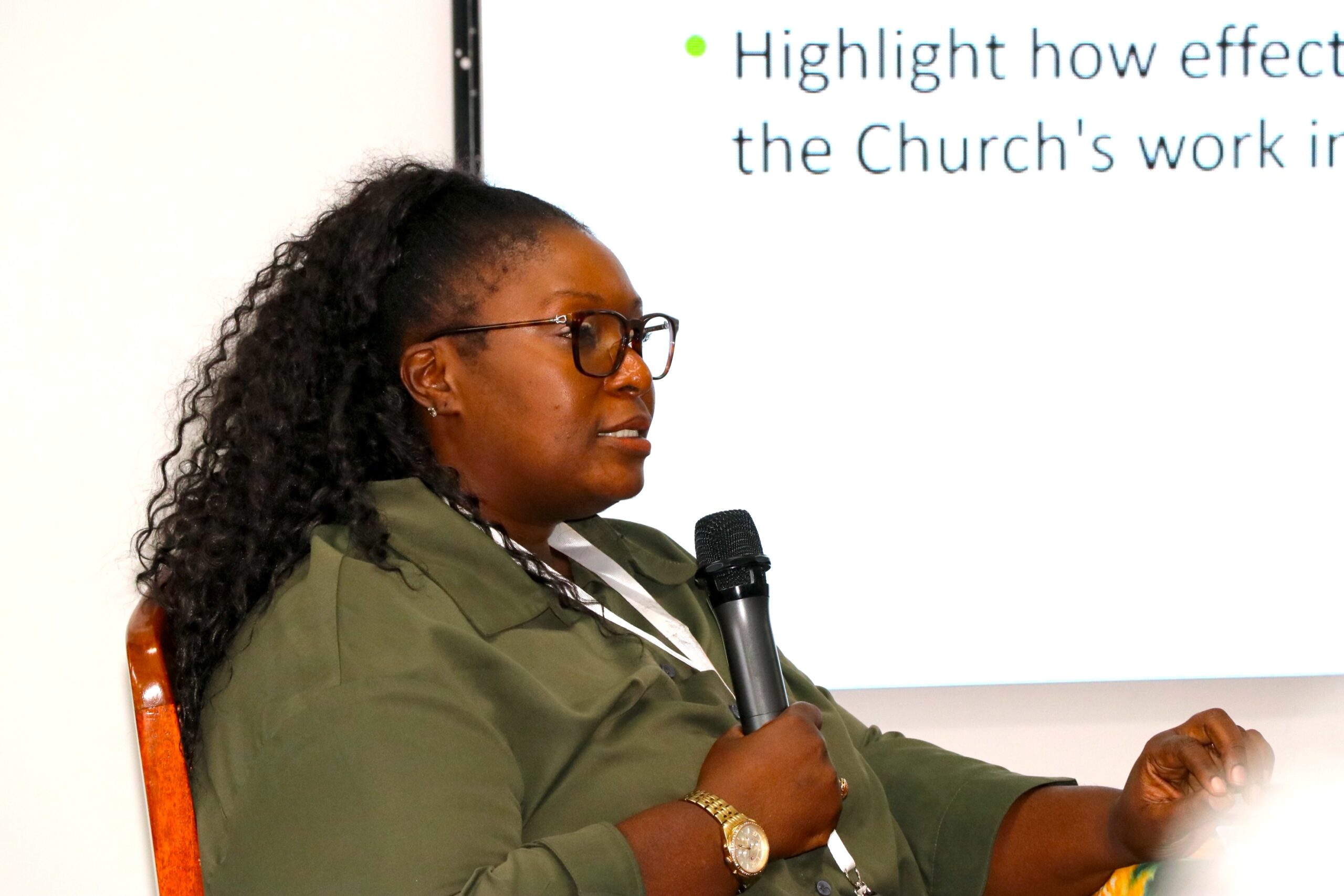AMECEA: Church in AMECEA Region Urged to Be More Strategic in Advocacy

Ms. Mwila Mulumbi
Magdalene Kahiu
An official of the Catholic Agency for Overseas Development (CAFOD) has said the Church needs to be more strategic in advocacy to maintain its moral authority in society.
Speaking at a two-day conference on Promoting Integral Human Development (PIHD) in the Association of Member Episcopal Conferences in Eastern Africa (AMECEA) region, Ms. Mwila Mulumbi said there are increasing societal issues and polarized views that need the Church’s “deep-rooted moral authority and commitment to justice to take a more strategic role in advocacy.”
The Zambian country representative of CAFOD said failure to address the issues including child labour, drugs, youth unemployment, gender ideologies, religious extremism, tribal and ethnic discrimination, and mental health discrimination could cause the people to feel the Church is irrelevant.
The issues also “challenge long-held beliefs and traditions within the Church” and “directly impact communities and the wellbeing of individuals,” she told the over 30 participants gathered for the conference at Roussel House Donum Dei, Nairobi, Kenya.
Ms. Mulumbi said the Church ought to adopt “a more coordinated, informed, and purposeful approach with partners to address the issues with more influence and attain positive impacts.
In her November 28 presentation titled “Embracing Advocacy Strategy in Collaborating with Partners and Responding to the Church Needs”, Ms. Mulumbi noted that advocacy could be impeded by lack of trust between government and Church, limited resources, lack of information, increased ideological divides, opposition to faith perspectives, political opposition and public backlash, among others.
To navigate the challenge of opposing faith perspectives, the Lusaka, Zambia-based CAFOD official said the Church needs to “collaborate with like-minded ecumenical bodies or groups that share similar goals and pool resources, knowledge, and networks for greater impact.”
She added that the Church could facilitate conversations that encourage understanding among people from different divides.
For distrust with the government, she said Church leaders should engage trusted political leaders and show the benefits of advocacy to build trust with the government.
She added that the Church should “use joined-up lobbying efforts to advocate for supportive policies and legislation.”
Ms. Mulumbi further said that the Church should partner with specialists, and experts and invest in “comprehensive research” to fill knowledge gaps.
The CAFOD official said collaborating for strategic advocacy is important as the Church cannot address societal issues alone.
“A united voice is stronger. Collaborative efforts allow the Church’s message to reach wider audiences and increase its influence,” said Ms. Mulumbi.


